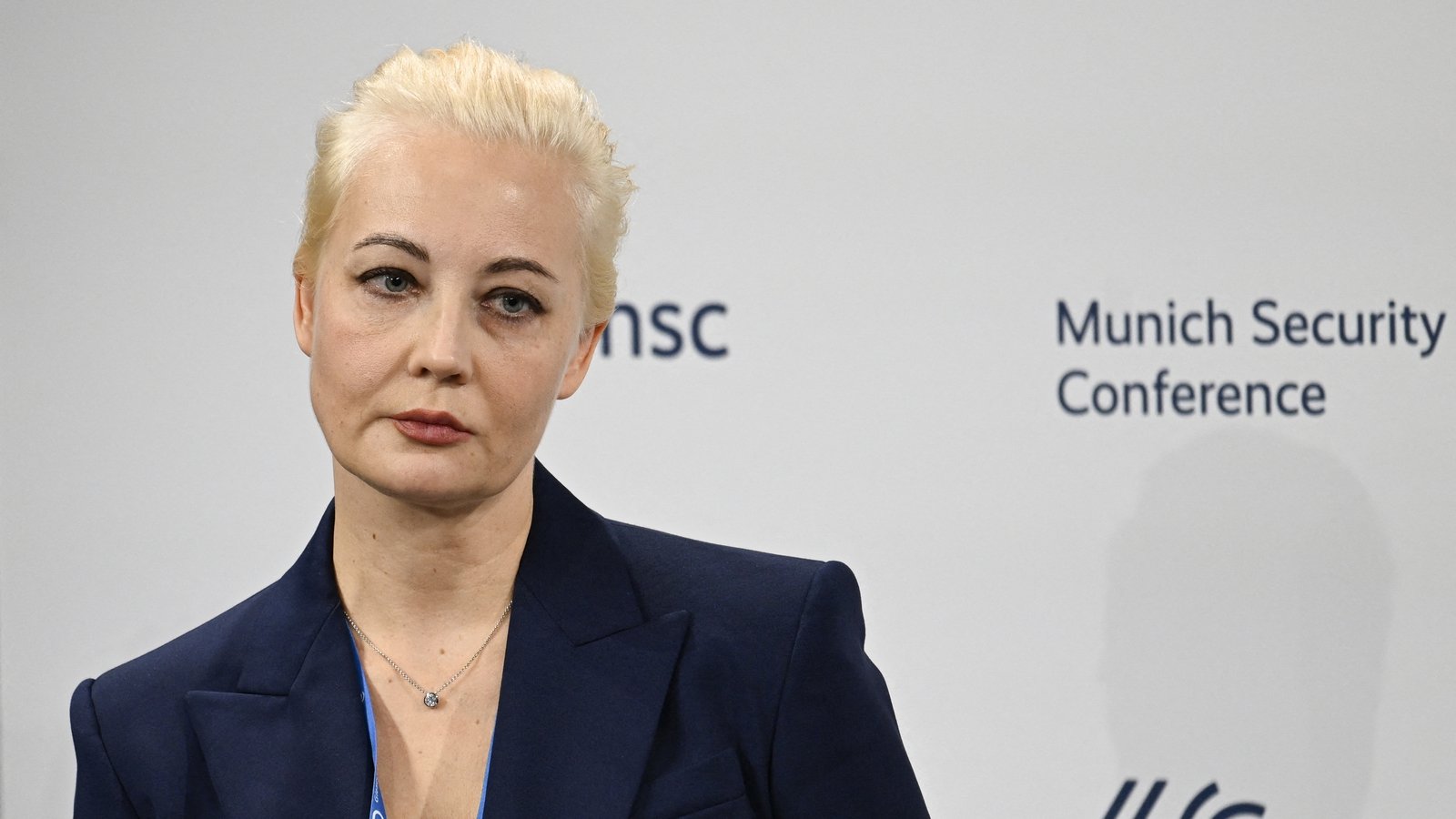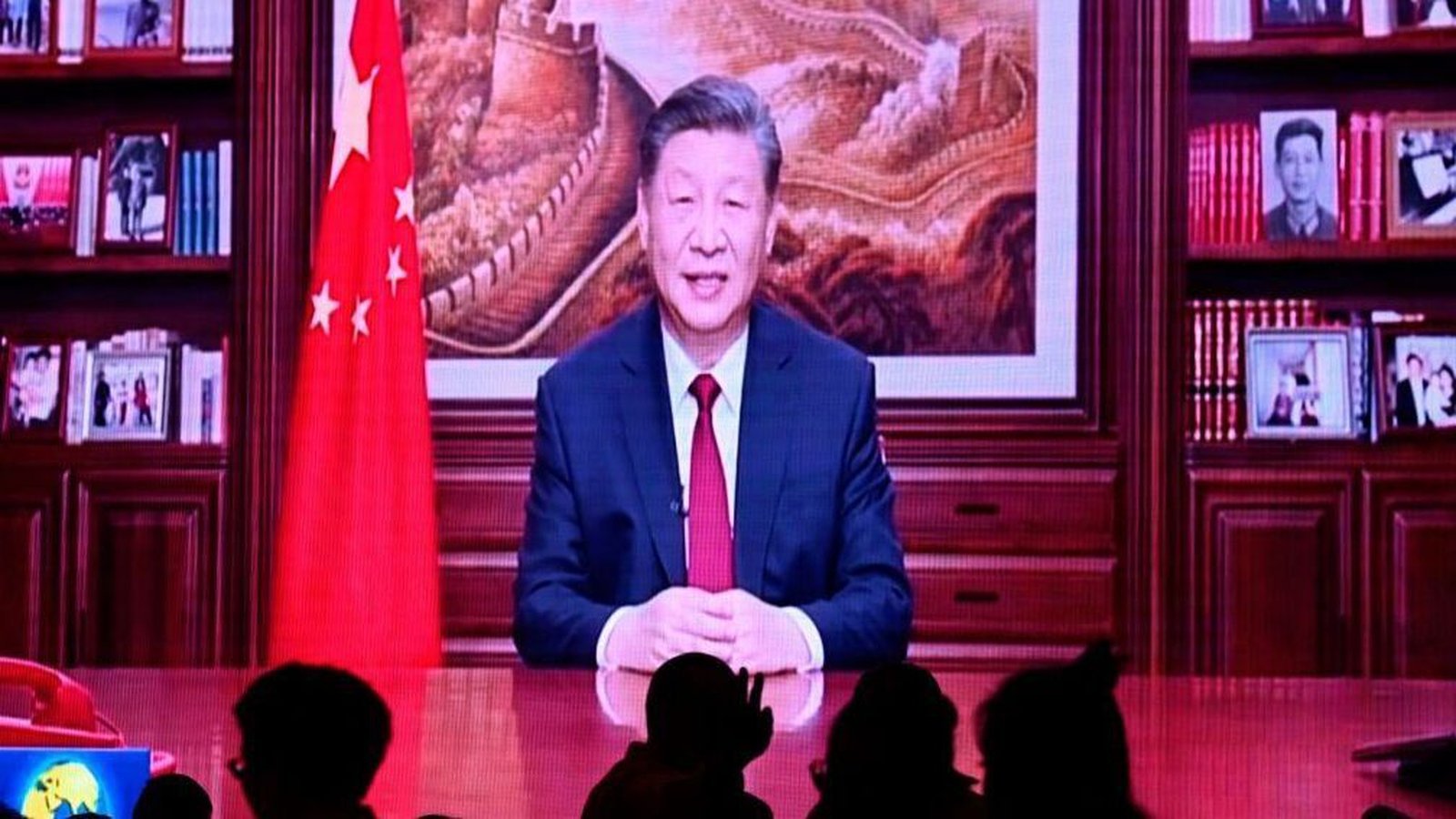Teacher shortage ‘crisis’ to dominate union conferences


Second level, further and higher education teachers will gather in Co Wexford and in Co Kerry today as the annual conferences of the Association of Secondary Teachers in Ireland (ASTI) and Teachers Union of Ireland trade unions get under way.
Issues to be debated include what the unions say is the deepening teacher shortage crisis which is especially being felt by schools in urban areas.
The unions will propose measures to entice teachers who have gone abroad to come home.
They are also likely to propose other measures, such as a reduction in the length of time it takes to become a teacher, from two years at Masters level to just one, all aimed at making the profession more attractive to young people.
Minister for Education Norma Foley will address ASTI members in the afternoon, and the TUI members tomorrow morning.
Retention and recruitment ‘in crisis’
The theme of the TUI’s annual congress is “educate, advocate and empower”.
The TUI says teacher recruitment and retention is in crisis.
An online survey of more than 700 of the union’s members has found that only around one third of respondents who were recently appointed received a contract of full hours when they were initially hired.
To tackle the issue of teacher recruitment and retention, the TUI is calling for full-time jobs upon initial appointment, a reinstatement of allowances formerly paid to teachers, more career opportunities and full recognition of teaching service overseas for those wishing to return home.
“Schools must be provided with enhanced allocations so that they can provide secure jobs on full hours if graduates are to choose Ireland over other jurisdictions,” said TUI President David Waters.
“Similarly, we need to recognise overseas teaching experience for incremental purposes here, if we are to attract Irish teachers back to these shores.”
The TUI is also calling for increased investment in education, pointing out that the spend at second level here, at 1% of GDP, is just half the Organisation for Economic Co-operation and Development (OECD) average.
“In international terms, our investment level is shamefully low,” he said.
“If we are serious about aspiring to having a world class education system, our policymakers must match the commitment of students and educators by appropriately funding the sector.”
General Secretary of the TUI Michael Gillespie will deliver his address to congress at around noon today.
The union represents more than 20,000 teachers and lecturers in second level schools, colleges of further education and training, technological universities and institutes of technology.
The TUI and the ASTI are both concerned by the potential impact of AI on education and assessment.
She said the aim was to develop guidelines to provide an awareness of the opportunities and risks and also the factors that should be taken into consideration in using AI in a safe, responsible and ethical manner.
The Department of Education has said it is actively monitoring developments in AI and the impact it may have in education and assessment settings.
Minister Foley said: “It is my clear intent that pupils and students in our primary and post-primary schools will be able to use generative AI for its potential benefits, while at the same time being supported to avoid becoming over-dependent on using it to do their thinking and learning for them”.
“We need to ensure that we consider the use of AI carefully on all aspects of teaching, learning and assessment and that teachers and school leaders have the necessary resources and skills to support them,” she said.
ASTI motions
More than 80 motions will be debated over the course of the three-day convention on pay, pensions, working conditions, student welfare and school resources.
One motion will explore the potential impact of AI on the Leaving Cert when it comes to the proportion of marks allocated for projects and coursework completed during the year, as opposed to written exams.
“Given the recent developments in AI and the unique nature of each subject, that the ASTI urgently seek to ensure flexibility in the percentage of marks allocated (currently set at a minimum of 40% by the Minister for Education) to the additional component assessment (coursework, orals, or practical examinations) of each Leaving Certificate specification,” the motion states.
Another motion will call for stronger legislation to deal with online harassment.
“That the ASTI lobby for the enactment of stronger laws to prevent online abuse and harassment on social media platforms,” it states.
Almost one-in-five secondary school teachers who responded to a recent ASTI survey said they have experienced some form of work-related cyberbullying.
Teacher shortages will once again feature prominently at the convention with motions calling for recognition of all teaching service abroad for returning teachers, calls for the two-year masters for teaching to be reduced to one year, and calls for a reduction in the 25-year teachers’ salary scale.
A motion on working conditions and pay will call on the ASTI to ballot members on industrial action, up to and including strike action, if unpaid ‘Croke Park’ hours are not terminated before the beginning of the 2025/26 school year.
Meanwhile, the Irish National Teachers’ Organisation (INTO) Primary Teachers Union congress continues in Northern Ireland with members due to debate a range of motions.
Additional reporting by Paschal Sheehy and Brian O’Donovan





